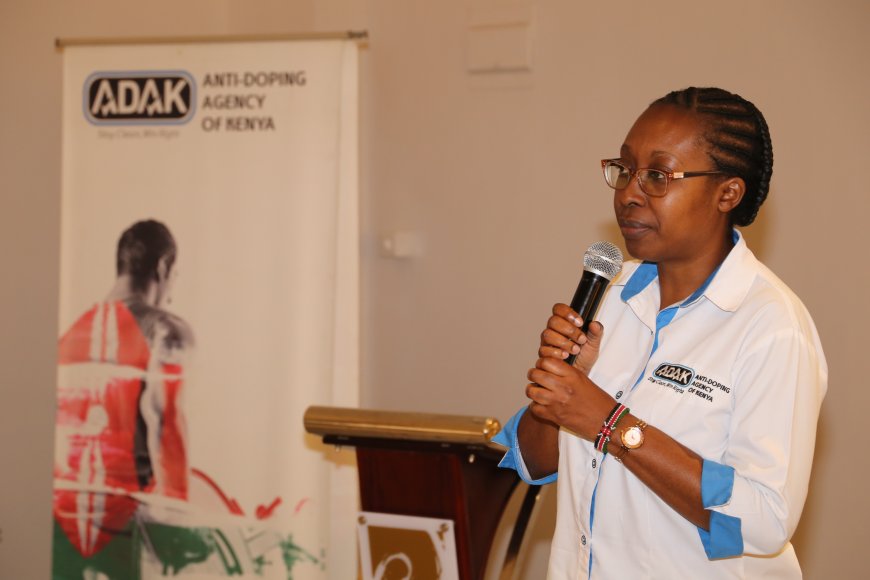Kenya Faces Potential Ban from International Sports Amid Drastic Budget Cuts
Kenya's Anti-Doping Agency is on the brink of crisis after massive budget cuts threaten its operations. Learn how these financial constraints could impact the country's participation in international sports and what steps need to be taken to avoid severe sanctions.

Kenya's Anti-Doping Agency (ADAK) is facing severe challenges that could lead to a ban from international sporting events due to substantial budget cuts. The agency’s funding for the 2024/25 financial year has been drastically reduced from Ksh 288 million to just Ksh 20 million. This significant cut has severely impacted ADAK's ability to perform its core functions, including testing, education, results management, and intelligence gathering.
Outgoing ADAK chair Daniel Makdwallo expressed deep concern over the funding shortfall. “This financial year, the agency has not been allocated enough funds to carry out its essential programs. As a result, we are unable to fulfill our obligations and are at risk of non-compliance with the World Anti-Doping Code,” Makdwallo stated. He warned that such non-compliance could lead to Kenya’s exclusion from international competitions and the loss of hosting rights for major events like the Africa Nations Championships (CHAN) and the Africa Cup of Nations (Afcon).
Also Read:
Makdwallo has made multiple appeals to the national treasury, urging for the reinstatement of the budget to protect Kenyan athletes and maintain the country's international sporting status. “The potential sanctions could not only bar our athletes from global competitions but also prevent Kenya from hosting significant international events. The government must act swiftly to restore proper funding,” he added.
ADAK Chief Executive Officer Sarah Shibutse revealed that the agency has been unable to conduct anti-doping tests since the Paris Olympics. “Conducting a single anti-doping test is costly, especially with the need to send samples abroad for analysis. The reduced budget severely hampers our ability to perform these tests,” Shibutse explained. She expressed hope that the enhanced anti-doping program established in 2022, which focuses on athletics, would continue to receive funding. However, this program only addresses athletics and cannot cover other anti-doping needs.
Shibutse highlighted that the remaining Ksh 20 million would only cover salaries for four months, leaving ADAK struggling to meet its operational requirements. “The funding is fragmented and insufficient, making it challenging to maintain our staff and operations,” she noted.
Established in 2016 under the Anti-Doping Act No. 5 of 2016, ADAK was created to align with the UNESCO Convention against Doping in Sports. As a signatory to this convention, Kenya is obligated to implement measures to combat doping. The drastic budget cuts threaten to undermine these commitments and could have far-reaching consequences for the country's sports integrity.
The situation demands urgent government intervention to ensure that Kenya remains compliant with international anti-doping standards and continues to support its athletes effectively.
Read More:
What's Your Reaction?















































































































